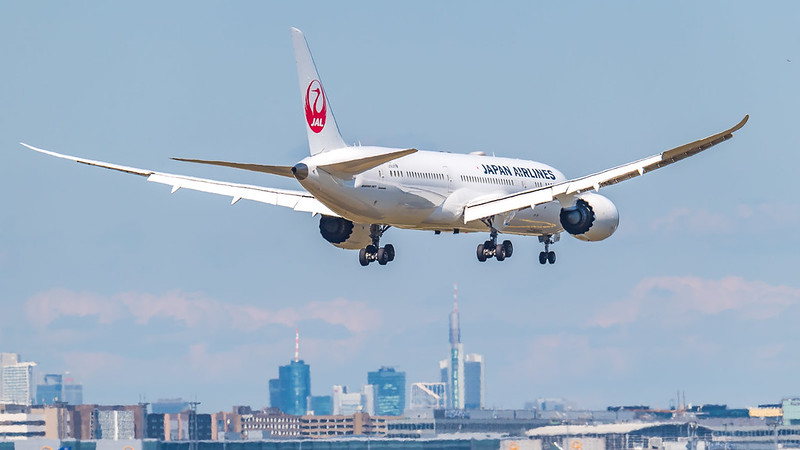The man in line for the EU top climate diplomat job has vowed to “drum up support across the world” for a global tax on polluting plane fuel.
At a hearing in the European Parliament on Monday, Dutch politician Wopke Hoekstra said that the absence of taxes on kerosene jet fuel was “the biggest absurdity of all”.
“When I drive my car to a petrol station, 50-60% of what I pay is taxes,” he said. “But when a jet is refueled, there is no tax due – zero. What European thinks that makes sense?”
Hoekstra said a tax on jet fuel and other fossil fuels could provide reliable revenue for a planned loss and damage fund for victims of climate disaster in developing countries.
Lawmakers from the parliament’s environment committee are set to decide whether to accept Hoekstra for the position on Wednesday. Some from the centre, Greens and left-wing oppose his candidacy because he’s from the centre-right and, they say, has shown minimal interest in climate change as a minister in the Netherlands.
But the EU has so far failed to agree to tax jet fuel internally to raise revenues for member states, let alone send them to developing countries.
Convincing other countries to renegotiate aviation agreements would be harder still, experts told Climate Home News, particularly as Hoekstra is only going to be in post until EU elections in June 2024.
No wider support
Avinash Persaud is a finance adviser to the government of Barbados, which is pushing the influential Bridgetown Initiative.
Although this initiative is calling for taxes on polluters to fund climate action, he told Climate Home that calls for aviation taxes were only coming from a handful of European nations.
He said he hadn’t heard any officials from developing countries or from the US express enthusiasm.
Far from increasing taxes on air travel, the US recently handed $25 billion of public money to airports to help them expand and improve their facilities.
Greenpeace East Asia campaigner Li Shuo said that China will see proposals taxes on planes, fossil fuels and shipping emissions as shifting the responsibility of climate finance away from rich nations.
“For all the ideas of innovative finance, this is where we get stuck, between large developing countries’ skepticism and developed countries’ inability to pay,” he said.
Transport and Environment campaigner Jo Dardenne said that there had been efforts to get a global tax in the UN’s aviation body but “we’ve been disappointed time and time again”.
Tourist islands opposed
Dardenne said a group of nations could implement their own taxes in a “coalition of the willing”.
EU nations like Hoepstra’s Netherlands have pushed for an EU-wide aviation tax but this requires consensus from all 27 member states and tourism-reliant islands like Cyprus and Malta have blocked it.
Persaud said that in developing island nations like Barbados, tickets are already heavily taxed to pay for expensive airports built to international standards.
“The scope for adding to these without undermining development is limited,” he said, “but there maybe more scope in rich countries”.
Legal complications
While taxing plane tickets is relatively straightforward, taxing jet fuel is complicated legally as well as politically.
A 2020 study by Transport and Environment found that EU countries can tax most flights within the EU. These make about 40% of flights in the EU.
But taxing the other 60%, flights travelling outside the EU , sometimes requires renegotiating air service agreements with countries like the USA.
Some EU member states have acted unilaterally to cut air travel. France has banned domestic flights on routes where train travel is possible in less than two and a half hours.
